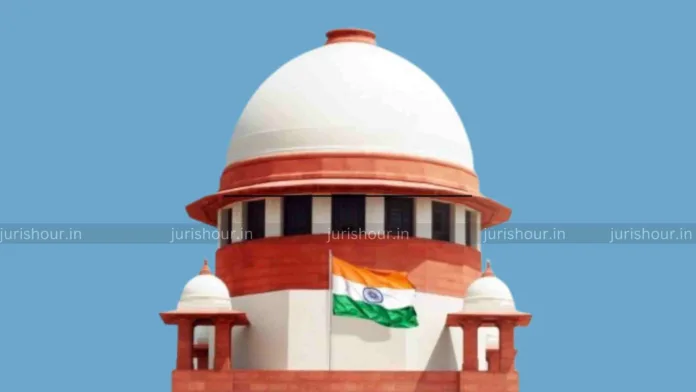The Supreme Court while dismissing the Directorate General of GST Intelligence (DGGI) Special Leave Petition (SLP) has held that no Goods and Service Tax (GST) is payable on regulatory functions of Central Electricity Regulatory Commission (CERC).
The bench of Justice J.B. Pardiwala and Justice R. Mahadevan has upheld the judgement of Delhi High Court by which it was held that the grant of a license for performing regulatory functions namely transmission or distributions performed by the CERC do not constitute “business” as defined under the law as such activities fall under Schedule II.
The Central Electricity Regulatory Commission as well as the Delhi Electricity Regulatory Commission have filed the writ petition before the Delhi High Court assailing the validity of Show Cause Notices pursuant to which the respondents have sought to call upon them to discharge liabilities emanating from the Central Goods and Services Tax Act, 2017 and the Integrated Goods and Services Tax Act, 2017 in respect of the fee received by them in the course of discharge of their regulatory functions under the Electricity Act, 2003.
The department asserted that based on intelligence which was gathered, it was found that CERC was not discharging its Goods and Services Tax liabilities on amounts received by it as tariff and license fee from various power utilities. It asserts that the functions discharged by CERC would fall under ―support services to electricity transmission and distribution services under Service Accounting Code 998631 read along with the Explanatory Notes to the Scheme of Classification of Services as adopted by the Central Board of Indirect Taxes and Customs. They take the stand that the support services so rendered would be taxable as per Serial No. 24(ii) of Notification No. 8/2017-Integrated Tax (Rate) dated 28 June 2017 and thus falling within the ambit of ―Support services to mining, electricity, gas and water distribution.
The Delhi High Court has held that since those Schedules are to mutatis mutandi apply and the scope of supply as well as composite and mixed supplies being constructed accordingly, the exemption incorporated in Schedule III of the CGST Act would continue to govern and be applicable. The mere mention of support services in that notification thus would not detract from the exemption which otherwise operates and stands accorded with respect to “services by any court or Tribunal…..”. What we seek to emphasise is that a notification would neither expand the scope of the parent entry nor can it be construed as taking away an exemption which stands granted under the CGST Act. There cannot possibly be even a cavil of doubt that a Schedule constitutes an integral part and component of the principal legislation.
Being aggrieved by the order of the Delhi High Court, the DGGI has filed the Special Leave Petition (SLP) before the Supreme Court.
The Supreme Court said, “We do not find any good ground to entertain these Special Leave Petitions. The Special Leave Petitions are, accordingly, dismissed.”
Case Details
Case Title: Additional Director Directorate General Of Gst Intelligence (DGGI) Versus Central Electricity Regulatory Commission
Case No.: SLP 32626/2025
Date: 21-07-2025

